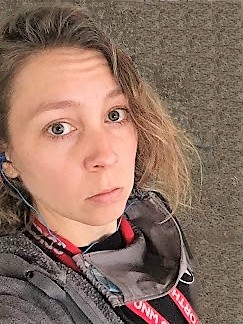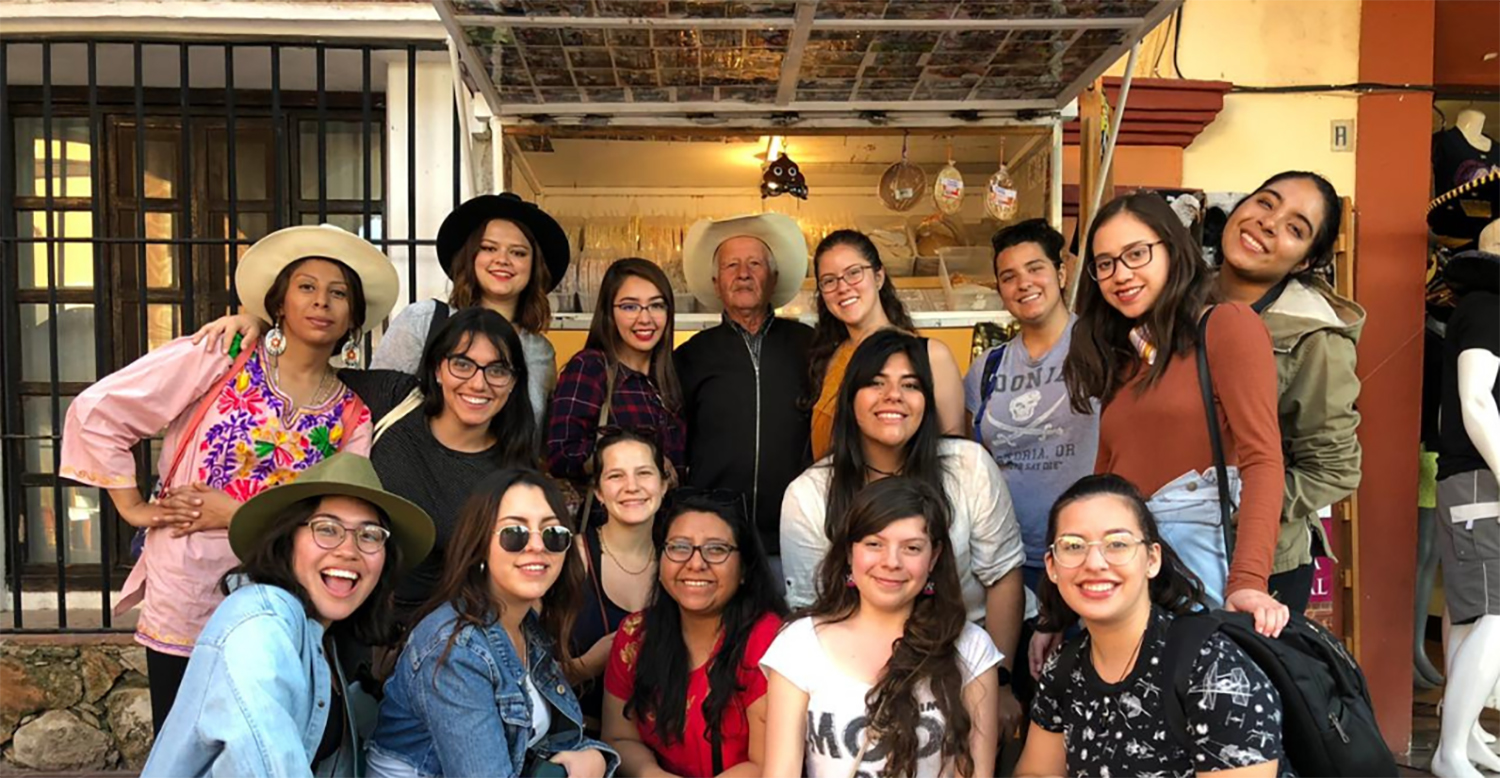As an avid amateur athlete, Natalia McIver has suffered stress fractures and broken bones and undergone knee surgery – all of which might have had something to with her decision to pursue a career in biomechanical engineering.
McIver, a PhD candidate and senior research scientist in The University of New Mexico Department of Orthopaedics & Rehabilitation, is one of seven recipients of the 2023 Women in Technology Award from the New Mexico Technology Council.
The awards ceremony will be held on March 9 at the Hotel Albuquerque. Nominees for the 15th annual awards were evaluated based on four criteria: professional impact, volunteerism, mentorship and entrepreneurialism.
“I didn’t realize that what I had accomplished already is what they were looking for,” McIver said. “When you start looking at it on paper and start realizing all the things you have done it kind of gives you a different perspective on how far you’ve come. It makes me more excited for the plans I have because they feel more feasible now.”
McIver works in the Orthopaedics, Biomechanics and Biomaterials Laboratory at the UNM Center of Excellence for Orthopaedic Surgery & Rehabilitation in Rio Rancho. The lab, led by associate professor Christina Salas, PhD, develops and evaluates new technology and procedures.
McIver’s research focuses on using 3D printing to create replacement ligaments for people who have suffered joint injuries. “My dissertation work is looking at recreating ligaments that behave mechanically the same way native ligaments do,” she said.
Currently, surgeons repair ligament tears with tendons harvested from elsewhere in the body. “The tendons don’t have the same properties as the ligaments, so now you have morbidities at two sites, and you have to heal two sites instead of one.”
A key part of the research is in developing “inks” that can be depositing with a printer that will serve as biodegradable scaffolding for ligament-forming cells to take hold and grow.
McIver ran cross-country at Albuquerque High School and later played basketball, ran track and played on softball teams (and these days she frequents a climbing gym). She double majored biology and psychology at UNM.
“I thought I wanted to go to med school,” she says. “I ended up working at a sleep center to get some experience. I started to get interested in research there and became a co-investigator. We published around 18 papers.”

When you start realizing all the things you have done it kind of gives you a different perspective on how far you’ve come. It makes me more excited for the plans I have because they feel more feasible now.
Eventually, she said, “I realized the bachelor’s was just not sufficient. I felt like I hit a ceiling.
Going back to school, I chose biomedical engineering because of my interest in medicine, my interest in patients and my deep love of sports.”
McIver, who earned her master’s degree in biomedical engineering at UNM, hopes to complete her PhD in late 2023 or early 2024. She is helping to organize this year’s Perry Initiative event at UNM, which introduces young women to careers in orthopedics and engineering.
“It’s more about making an impact than the accolades,” she said. “One great thing about our job is the outreach we get to do.”
